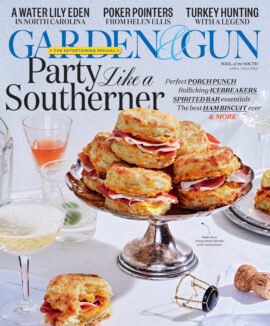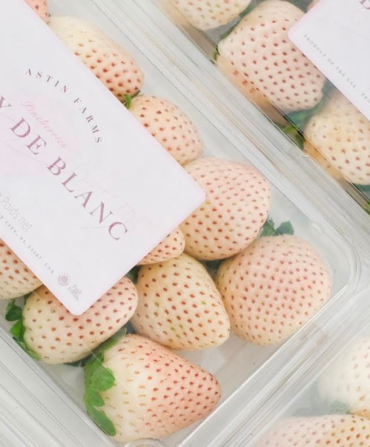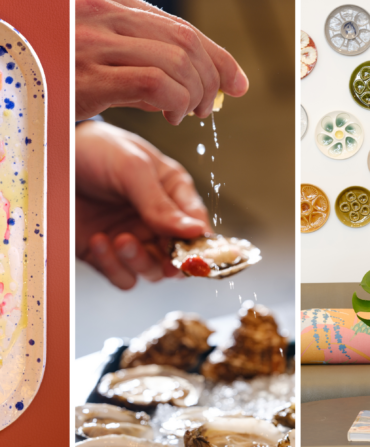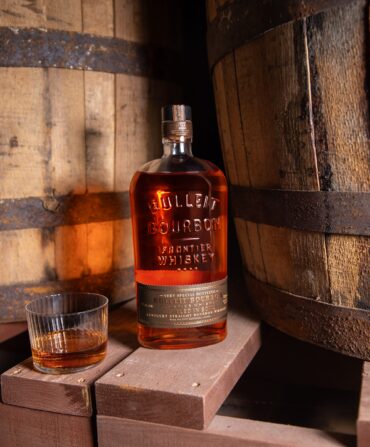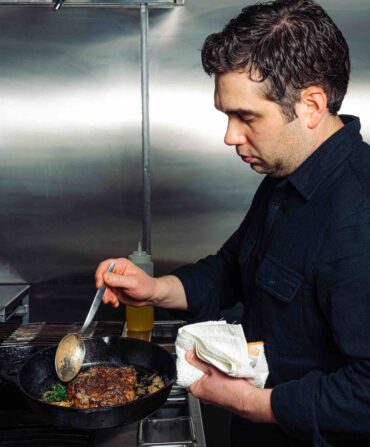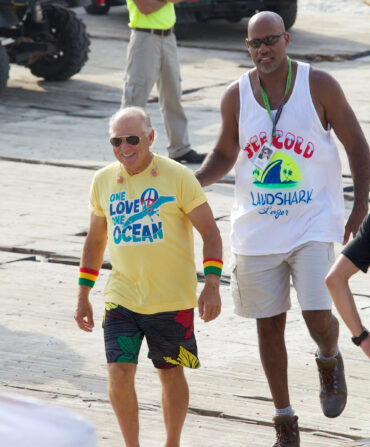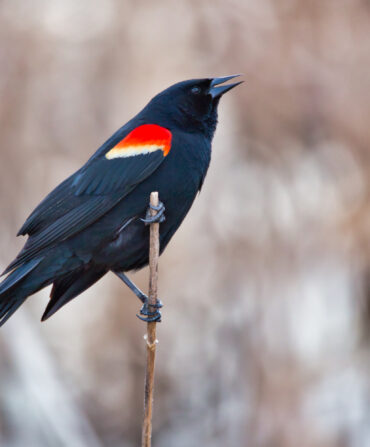The whiskey collection at Jack Rose Dining Saloon in Washington, D.C., runs more than 2,500 deep, including some 350 American-made examples. Owner Bill Thomas used to stock a wider breadth of bourbons, ryes, and other domestic whiskies, but after tasting through most everything new to the market in recent years, he pared down the selection to include only bottlings deemed truly exceptional. “With all the whiskies that are hitting the market, we have a duty to sift through them and try to offer the best quality we can,” Thomas says.
Every whiskey enthusiast worth his or her collection of Glencairn tasting glasses is likewise on the lookout for that next great pour. To help in the hunt, we asked Thomas—who is also a World Whiskey Awards judge—for his recommendations on smaller producers worth seeking out. “If you’re a collector—and almost every whiskey drinker is a collector,” he says, “you need to be buying some of this stuff now before you can’t find it anymore.”
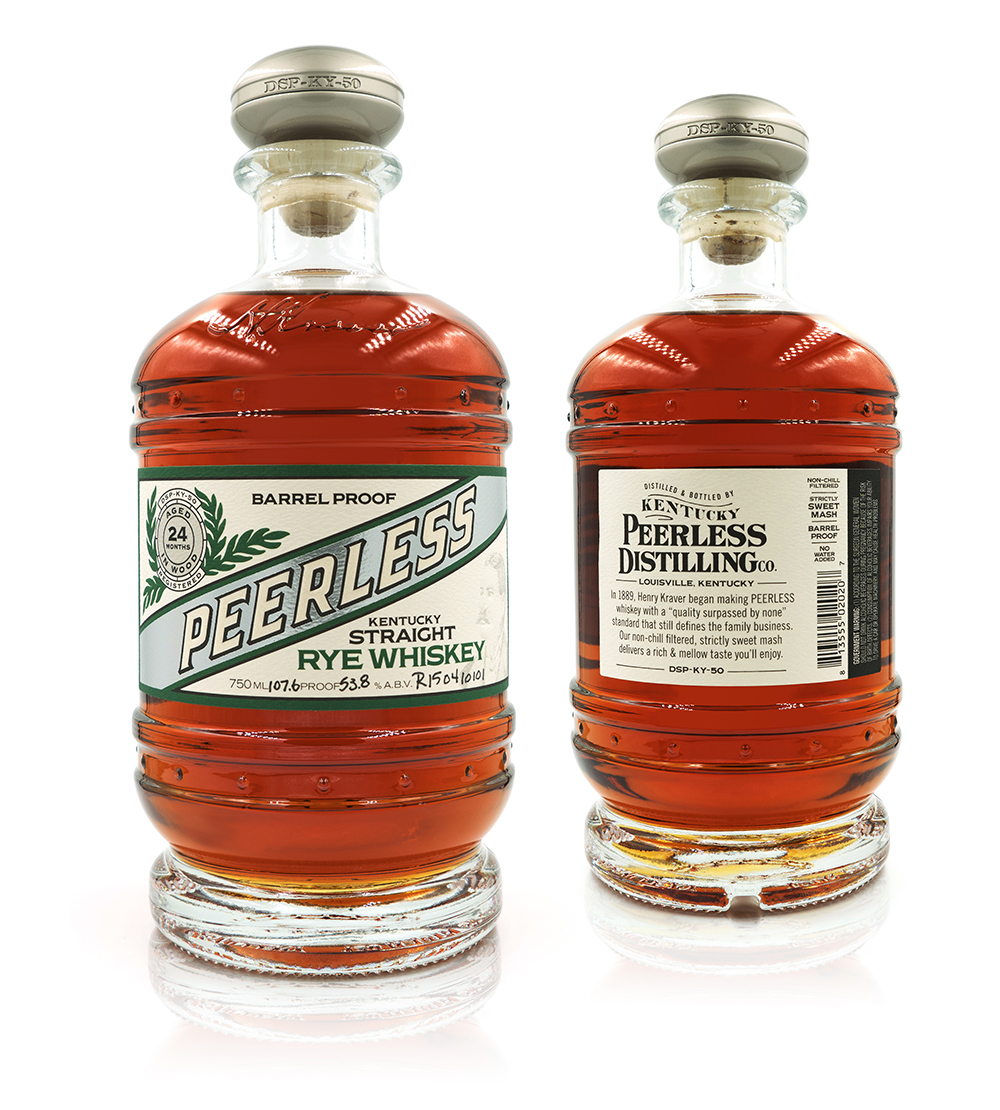
Kentucky Peerless Distilling Co. is an ideal blend of technology and tradition, Thomas says. A legacy brand with roots reaching to the early 1880s, the original distillery ceased production during Prohibition. In 2015, Corky Taylor and his son, Carson Taylor, revived the family brand and renovated a century-old warehouse in downtown Louisville into a state-of-the-art distillery. “The quality of the juice is phenomenal, especially for their first-ever releases being just over two years old,” Thomas says of cask-strength Peerless Straight Rye Whiskey. Peerless is slated to release its first bourbon, a Bottled-in-Bond variety, in spring 2019.
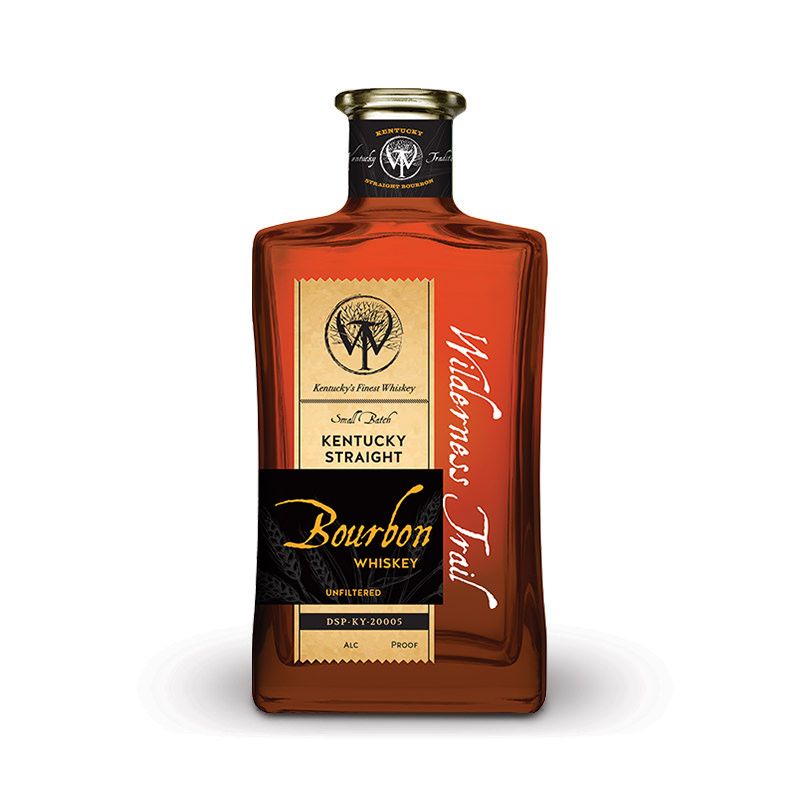
Although Wilderness Trail Distillery, in Danville, Kentucky, has only been up and running since 2013, its co-founders are steeped in the science of fermentation and distillation. Wilderness Trail’s whiskies are distilled from a sweet mash made through a proprietary process that uses exact amounts of heat to break down starches in the grain without degrading its integrity. Bourbons are aged a minimum of four years, with an average age of six to eight years for standard releases. “Their whiskies are just now getting to an age where they’re showing amazing, in terms of having their first six-year-old product out,” Thomas says. “They’re definitely a powerhouse.”
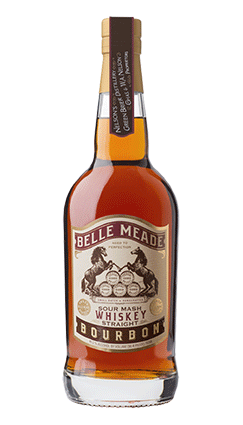
Belle Meade Bourbon, from Nashville-based Nelson’s Green Brier Distillery, is an “industry leader in terms of creativity,” Thomas says, especially the brand’s Special Cask Finish Series. Carefully selected barrels are blended in small batches and finished in second-use vessels, such as Oloroso Sherry casks or barrels previously used to age Trubee Honey.
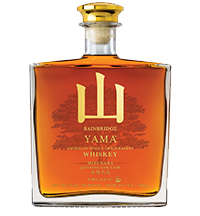
Outside of the South, Bainbridge Organic Distillers on Washington’s Bainbridge Island often brings a unique twist to traditional techniques in order to produce its well-made whiskies, Thomas says. Bainbridge Yama Mizunara Cask Single Grain Whiskey, distilled from locally grown barley and aged in small casks made from rare Japanese Mizunara oak, is exemplary. “It made for an incredible, fruit-forward malt that was fun to drink and really fun to nose,” Thomas says. “They’re not looking to recreate the exact whiskey made in Kentucky. They’re saying, ‘let’s scrap the playbook.’”

